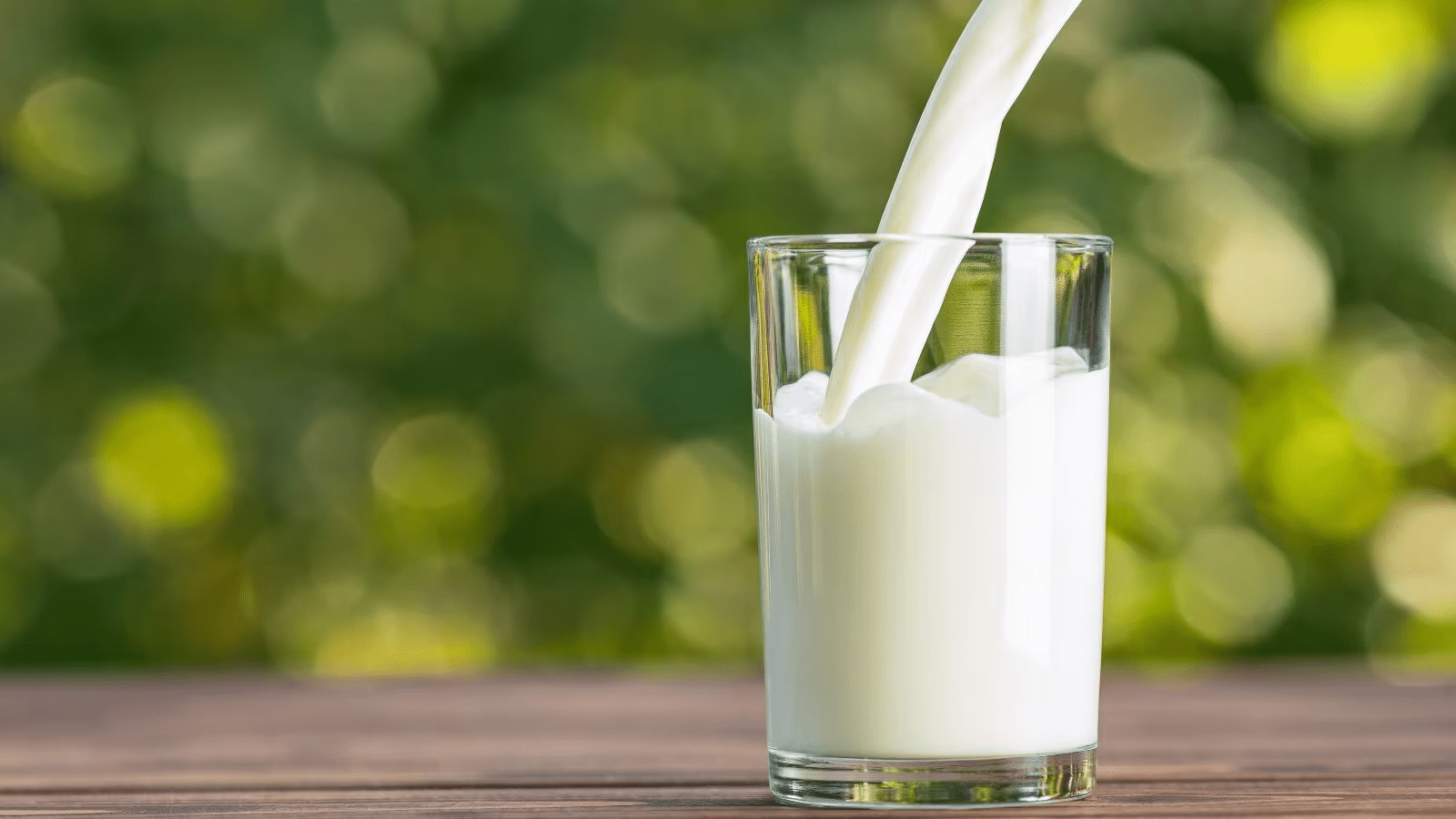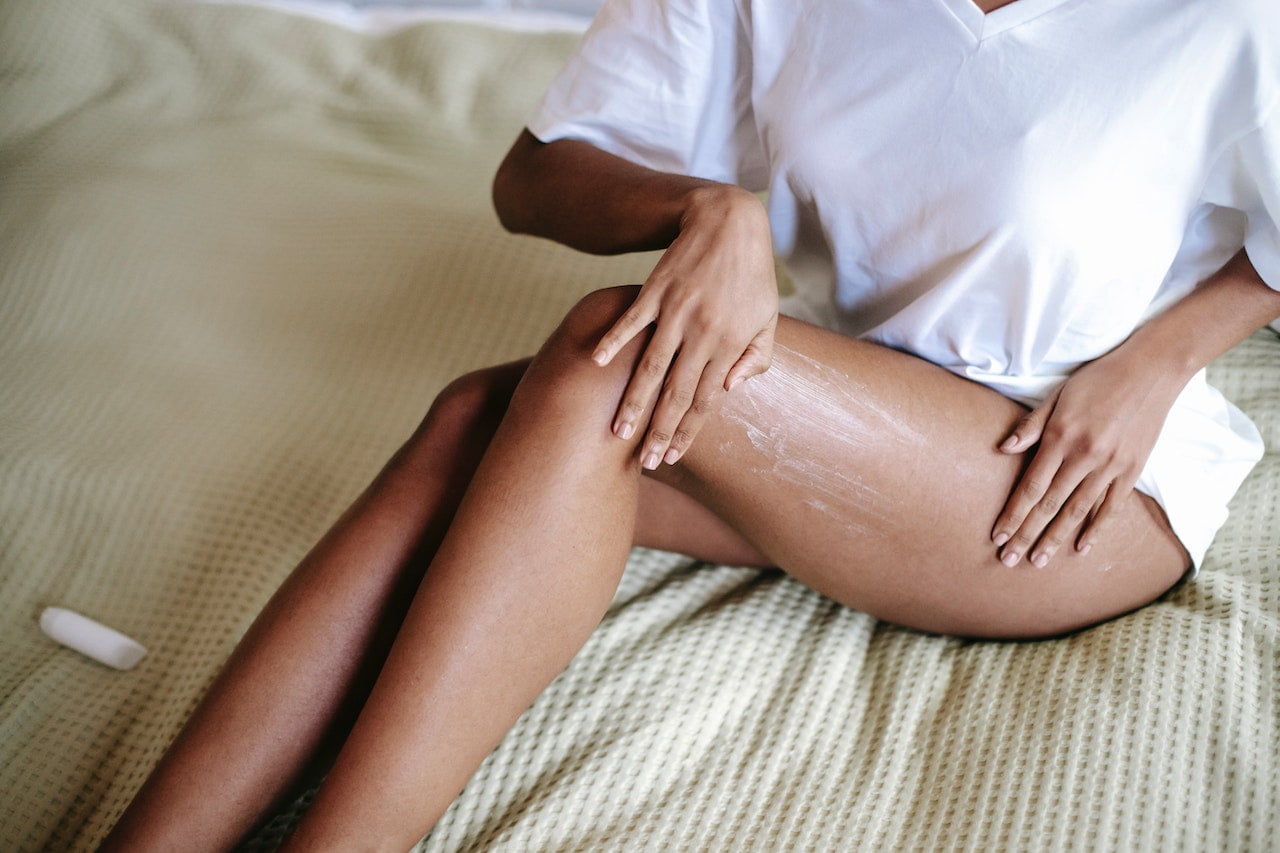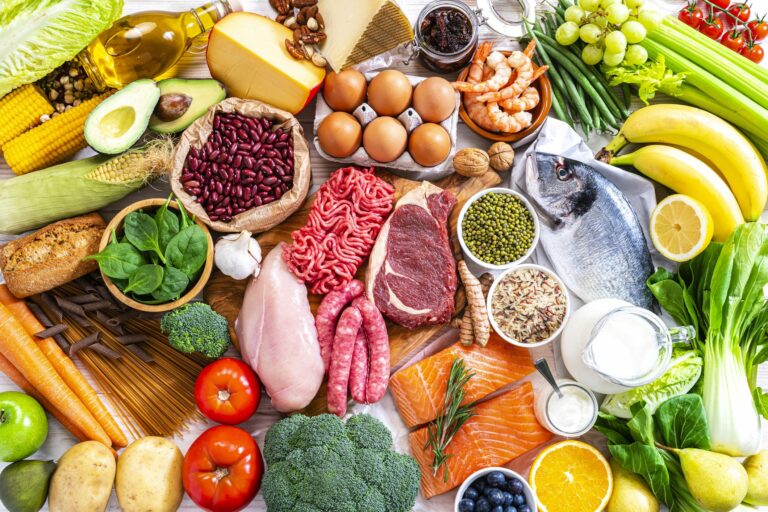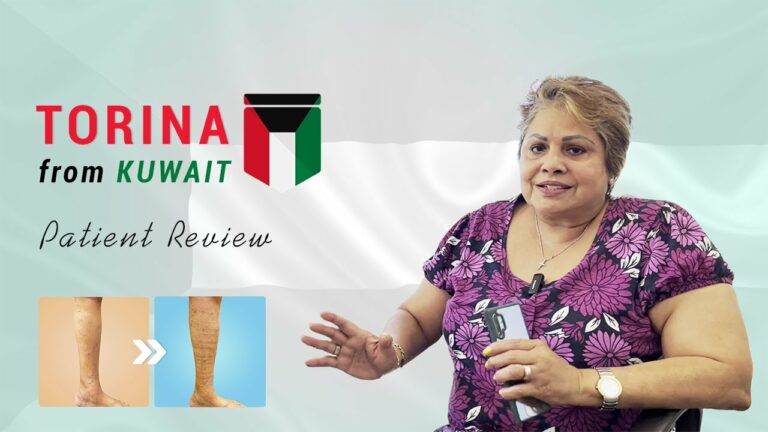Is milk bad for varicose veins?
Varicose veins are a common condition where veins become swollen and twisted, often visible through the skin. While the exact cause of varicose veins is not well understood, several factors can contribute to their development, including genetics, obesity, and prolonged standing or sitting. One question that often arises is whether milk consumption can worsen varicose veins. In this article, we will explore the relationship between milk and varicose veins.
Milk is a nutritious beverage that contains a variety of vitamins, minerals, and other essential nutrients that are important for maintaining good health. It is also an excellent source of calcium, which is essential for strong bones and teeth. However, there is some concern that milk consumption may contribute to the development or worsening of varicose veins.
One theory is that the hormones present in milk may stimulate the growth of veins, leading to the development of varicose veins. However, there is little scientific evidence to support this theory. Studies have shown that milk consumption does not increase the risk of developing varicose veins.
In fact, some studies have suggested that milk consumption may actually have a protective effect against varicose veins. One study conducted in Italy found that individuals who consumed more dairy products had a lower risk of developing varicose veins. Similarly, a study conducted in the Netherlands found that individuals who consumed more calcium had a lower risk of developing varicose veins.
While milk consumption does not appear to be a direct cause of varicose veins, there are some indirect ways in which it may contribute to their development. For example, milk consumption can contribute to weight gain, which is a risk factor for varicose veins. Additionally, milk consumption can lead to increased fluid retention, which can put additional pressure on veins and contribute to their development.
Overall, the evidence suggests that milk consumption is not bad for varicose veins. In fact, it may even have a protective effect against their development. However, it is important to note that excessive milk consumption can lead to weight gain and fluid retention, both of which can contribute to the development of varicose veins.
In conclusion, while there is no direct link between milk consumption and varicose veins, there are some indirect ways in which it may contribute to their development. However, moderate consumption of milk and dairy products as part of a healthy diet is unlikely to have a significant impact on the development or worsening of varicose veins. If you are concerned about your risk for varicose veins, it is important to maintain a healthy weight, exercise regularly, and avoid prolonged periods of sitting or standing.
References
- Rabe, E., Guex, J. J., Puskas, A., Scuderi, A., & Fernandez Quesada, F. (2013). Epidemiology of chronic venous disorders in geographically diverse populations: results from the Vein Consult Program. International Angiology, 32(2), 150-162.
- Mozes, B. (2017, February 27). Can Drinking Milk Cause Varicose Veins? Healthline. Retrieved from https://www.healthline.com/health/varicose-veins-milk.
- Simonetti, G., Alberti, A., Chirico, A., Lucchetti, M. C., Chiappini, D., Alesi, F., & Dini, V. (2003). Risk factors for varicose disease before and during pregnancy. Angiology, 54(S1), S11-S19.
- Galan, P., Preziosi, P., Durlach, V., Valeix, P., Ribas, L., Bouzid, D., & Hercberg, S. (1995). Dietary magnesium intake in a French adult population. Magnesium Research, 8(1), 77-84.
- van den Berg, J. J., Neumann, H. A., & Rijcken, B. (1999). Risk factors for venous disease: the weaker sex has more weak veins. Fact or fiction?. Angiology, 50(2), 141-154.
- Baeza, M. L., Lavedan, P., & de la Pena, A. (1994). Bone mineral density and vertebral fractures in patients with mild or moderate chronic venous insufficiency. Phlebology, 9(4), 148-152.







